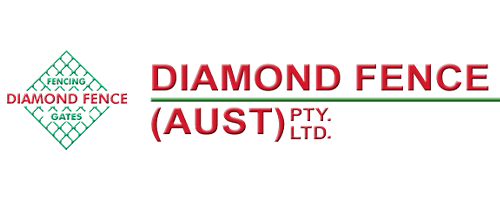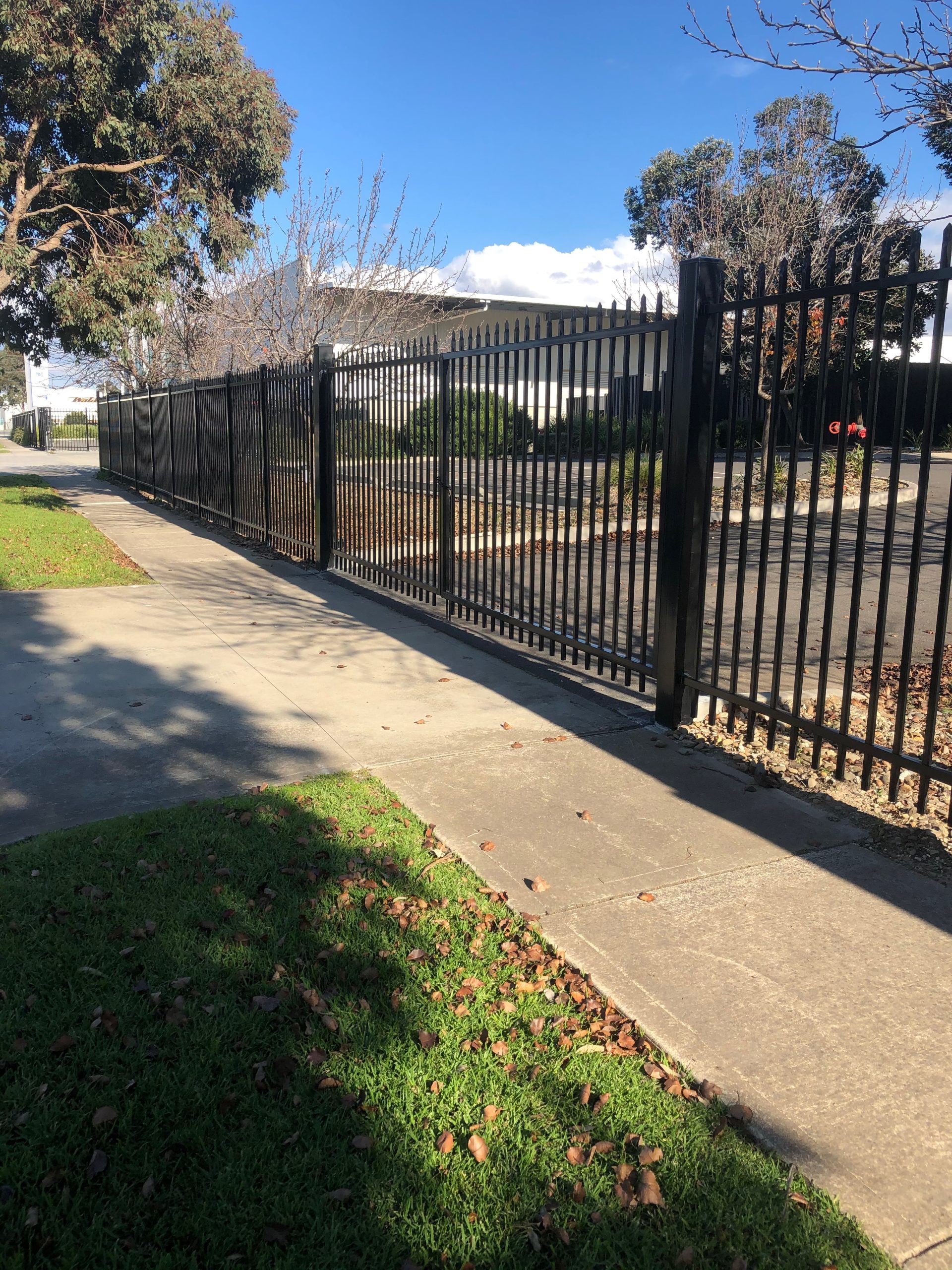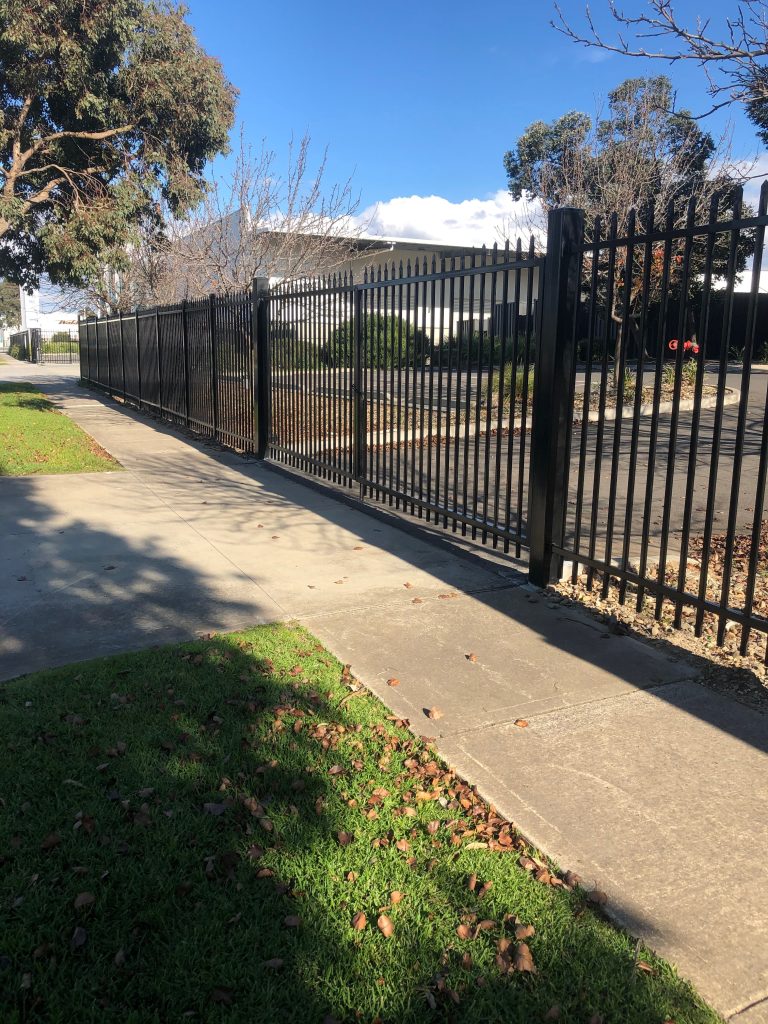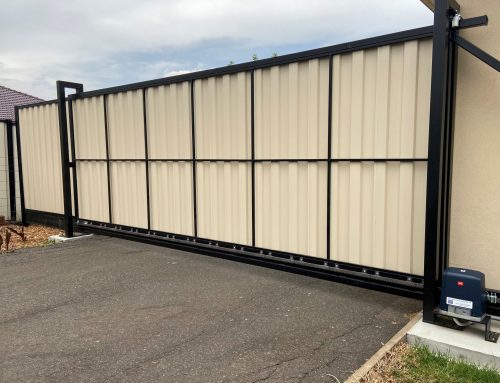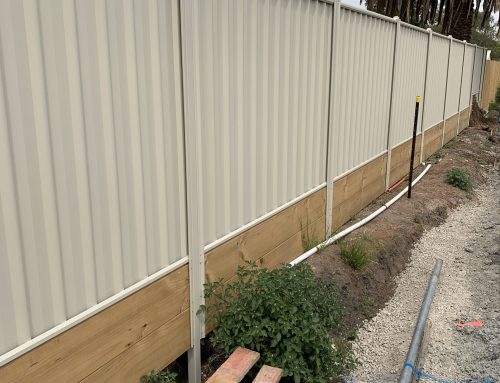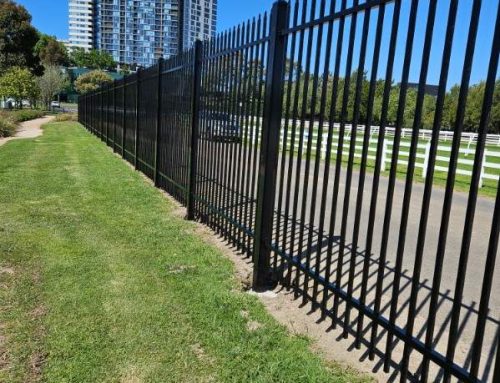When installing a new fence, you want a guarantee that the investment, including financial investment and your time input, will leave you with a longer-lasting fence. Longer-lasting in the sense that the fencing will serve you as a secure and well-functioning fence not only for years but for decades, if possible.
There are several factors to consider when choosing a fence that will indeed be the fence with a longer life span. This blog post will focus on highlighting these factors as well as recommending some of the longer-lasting fences in the Melbourne fencing industry.
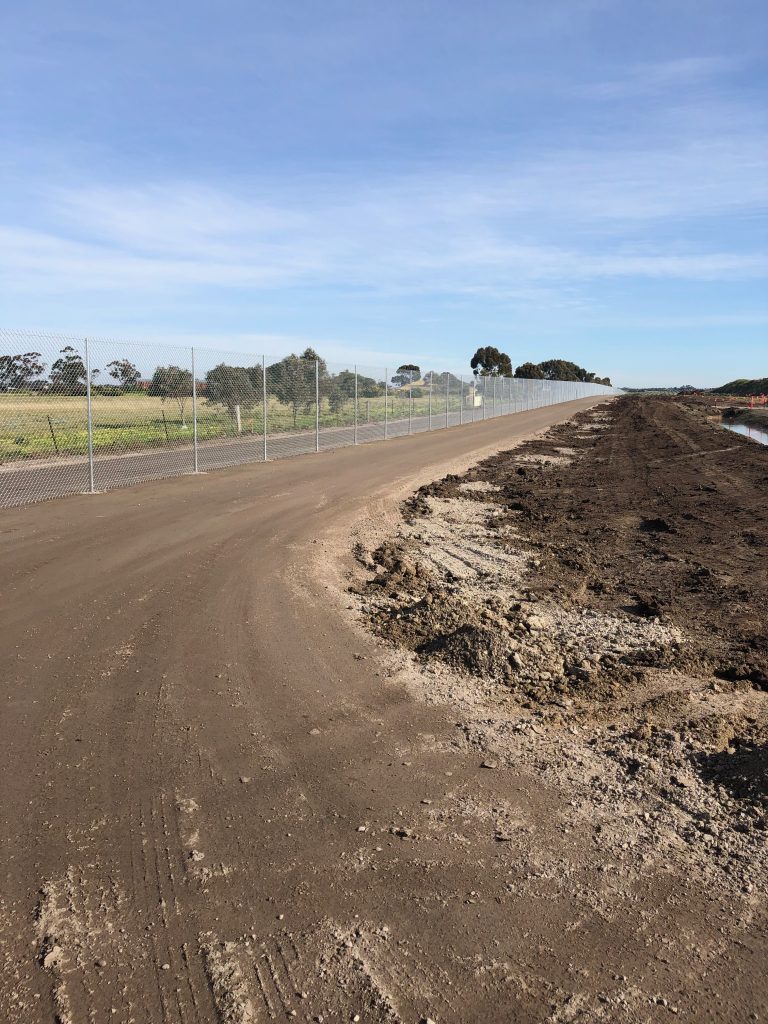
What is the secret to longer-lasting fences?
One of the main reasons why some fences outlast others fences is the material they are made out of.
Timber fencing
Widely used all around Melbourne, wood fencing and its lifespan will vary depending on what type of wood it is. For example, cedar can last 15 to 30 years, pine 5 to 12, while spruce can only last 4 to 7 years.
Another important factor to consider when it comes to timber fencing is whether the wood has been treated on not. For example, cedar, once treated, can last up to 40 years.
However, yet another another factor will come into play when it comes to timber fencing – moisture. If your fencing is exposed to constant moisture, it can decrease the life span of your timber fencing. Timber posts are especially prone to damage if installed incorrectly.
Steel fencing
Steel and wrought iron fences are very durable fencing types. Hence, have become some of the most popular choices in domestic, commercial and industrial industries.
Steel is more popular than wrought iron because it is lighter and easier to install. Thus, making this longer-lasting fence suitable to be installed on slopes and other uneven terrains.
Steel fencing is galvanized and powder coated during the manufacturing process, making this fencing type rust-resistant. Remember, regardless of these protective layers, steel fencing requires proper maintenance to keep fighting corrosion.
Wrought iron fencing is heavy but sturdy and will not wrap and rot as wood fencing would. It is suitable for industrial premises due to its sturdiness.
Other factors influencing the lifespan of a fence
1. Installation
If your fencing has been installed incorrectly, the likelihood of it getting damaged is much higher. For example, if you have installed fencing posts in a way that the rainwater will accumulate at the bottom of the posts, these posts will start to rot or rust, depending on the material, much faster than the ones that have been installed correctly.
2. Maintenance
Regardless of whether your wooden fencing has been treated for it to be a longer-lasting fence, or whether the steel fence has been galvanized, PVC-coated, or powder coated for extra protection, these fencing types still need proper maintenance.
A biannual check-up to determine whether the fencing has been damaged and requires a repair or a simple wash will go a long way. Prevention is the key to a longer-lasting fence.
3. Location
The location of your fencing matters. If it is located near the ocean, the salt can gather on the fencing and make it corrode.
Aluminium fencing is a good fencing choice for waterfront properties because this fencing type does not corrode.
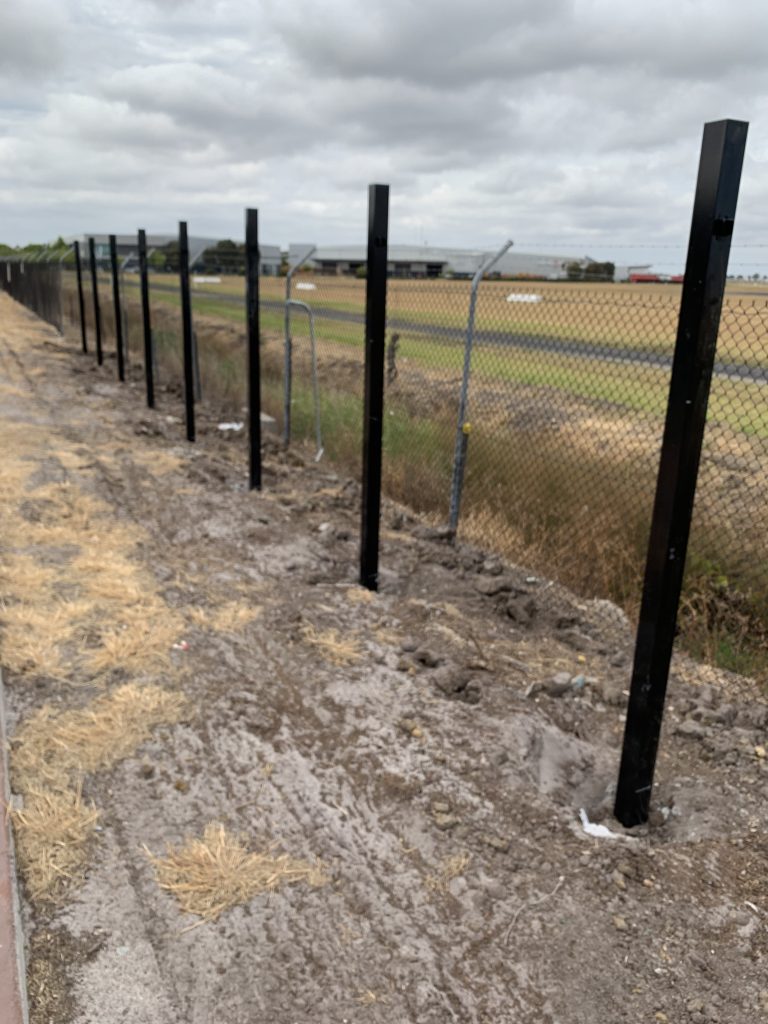
Suggestions for longer-lasting fencing
- Tubular steel fencing
- Aluminium fencing
- Wrought iron fencing
- Colorbond steel fencing
- Welded mesh fencing
- Modwood fencing
- Chain link fencing
Interested in longer-lasting fences in Melbourne?
Contact us today. Send us an email at info@diamondfence.com.au OR give us a call on (03) 9753 4566.
The easiest option, however, would be to use the online enquiry form that allows you to send through any questions.
